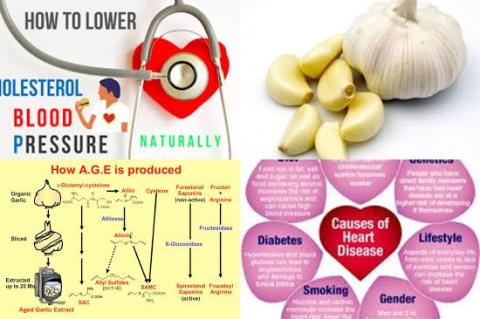Elevated serum phosphorus concentration increases risk of all-cause mortality among men without chronic kidney disease
Objectives:
The association between elevated serum phosphorus concentration and cardiovascular or all-cause mortality yielded conflicting results. Therefore, this review article (meta-analysis) has been conducted.
Does an elevated serum phosphorus concentration increase cardiovascular and all-cause mortality in the general population?
Study design:
This review article included 6 prospective cohort studies involving 120,269 subjects.
Results and conclusions:
The investigators found when compared the highest with the reference concentration of serum phosphorus, a significant increased risk of 36% for cardiovascular mortality [pooled RR = 1.36, 95% CI = 1.07-1.72]. Significant because RR of 1 was not found in the 95% CI of 1.07 to 1.72. RR of 1 means no risk/association.
The investigators found when compared the highest with the reference concentration of serum phosphorus, a significant increased risk of 33% for all-cause mortality [pooled RR = 1.33, 95% CI = 1.15-1.58]. Significant means that there is an association with a 95% confidence.
The investigators found stratified analyses revealed that elevated serum phosphorus significantly increased all-cause mortality risk with 33% among men [RR 1.33, 95% CI = 1.11-1.60], but not in women [RR = 1.09, 95% CI = 0.89-1.33].
The investigators concluded elevated serum phosphorus concentration is independently associated with excessive risk of cardiovascular and all-cause mortality in the general population without chronic kidney disease. Serum phosphorus on all-cause mortality risk appears to be pronounced in men but exhibits no clear effect on women. However, gender difference of elevated serum phosphorus on mortality risk should be verified by more prospective cohort studies.
Original title:
Serum phosphorus, cardiovascular and all-cause mortality in the general population: A meta-analysis by Bai W, Li J and Liu J.
Link:
https://www.ncbi.nlm.nih.gov/pubmed/27475981
Additional information of El Mondo:
Find more studies/information on elderly and phosphorus right here.
